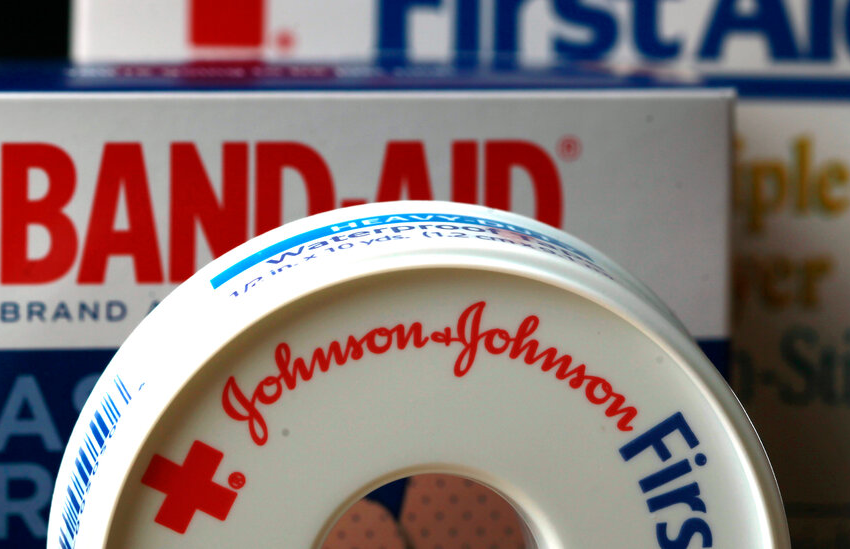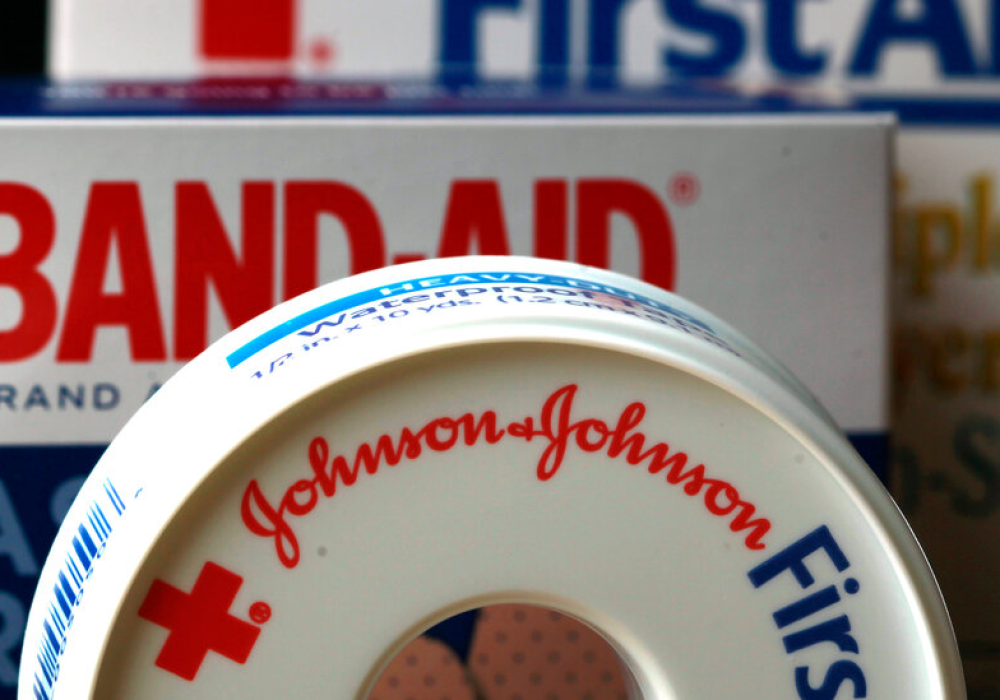At the same time, Johnson & Johnson was also under public and legal fire for its role in the opioid crisis. The company was a manufacturer of potentially addictive opiate painkillers, a business it discontinued entirely in the United States last year. It faces lawsuits seeking billions of dollars, though courts in California and Oklahoma recently handed victories to Johnson & Johnson and other opioid makers.
Nov. 12, 2021, 8:41 p.m. ET
Johnson & Johnson, like other medical companies, has weathered its share of reputation-threatening controversies. In a 1982 episode that became a textbook example of how to manage a corporate crisis, the company had to scramble after someone tampered with capsules of Extra-Strength Tylenol, turning them lethal with potassium cyanide and killing seven people. The company regained public trust by quickly pulling Tylenol from American shelves and introducing new tamper-resistant packaging.
Throughout, the company has relied on the “halo effect” created by popular consumer products, none more so than its Johnson’s Baby line of shampoos, lotions, moisturizers and powder for infants. Such products have thin profit margins but have embossed public perceptions of Johnson & Johnson as a benevolent, gentle company.
“It gives us a wonderful image that most companies would kill for,” Ralph S. Larsen, the company’s chairman at the time, told Forbes in 2001.
But the commercial value of those brands has weakened over time. Even as consumers continue to refer to all plastic bandages as Band-Aids — the rare brand, like Kleenex and Xerox, whose name is a stand-in for an entire range of products — they have embraced cheaper, generic rivals. The same is true for products like Tylenol.
Even lingering affection for the company’s consumer products does not do much to advance Johnson & Johnson’s medical businesses, which are far more important to the company’s finances.
“Doctors and hospitals just want hips and knees, and drugs that work, at a cheap price. They’re not really thinking of Band-Aids,” said Les Funtleyder, a health care investor who followed Johnson & Johnson for years as an analyst.










